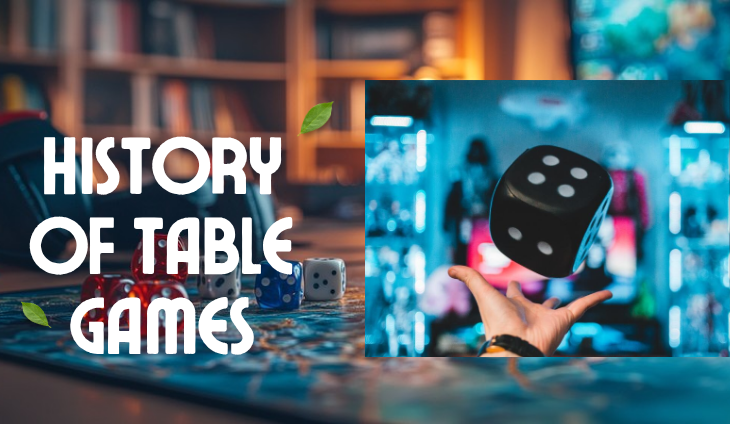
Table games have a long and fascinating history that stretches back thousands of years. What we enjoy today in casinos began as simple games of chance played by ancient civilizations. From rolling dice in temples to playing cards in royal courts, table games have always been part of human culture and entertainment.
The earliest known table games date back to ancient Mesopotamia and Egypt, where dice made from bones were used for fun and fortune-telling. The Romans later created games similar to backgammon, using dice and boards for friendly or competitive play. These early games were not just about winning — they were also social activities that brought people together.
By the Middle Ages, card games began to rise in popularity, spreading from China and India to Europe. Games like baccarat and blackjack evolved from these traditions. Royal courts and noble families often played them for entertainment, while common people enjoyed simpler versions in taverns and homes.
The 18th and 19th centuries marked the start of the modern casino era. Games such as roulette and poker gained huge popularity in Europe and America. Casinos became more organized and luxurious, offering a safe space to enjoy games of skill and chance. This era also introduced professional dealers and standardized rules, creating the foundation for today’s casino experience.
In the modern age, technology has brought table games to the digital world. Online casinos now allow players to enjoy blackjack, roulette, and poker from anywhere. Live dealer games also recreate the excitement of the casino floor on a screen.
From ancient dice to modern technology, table games have evolved but still hold the same purpose — to entertain, challenge, and connect people across generations and cultures.


